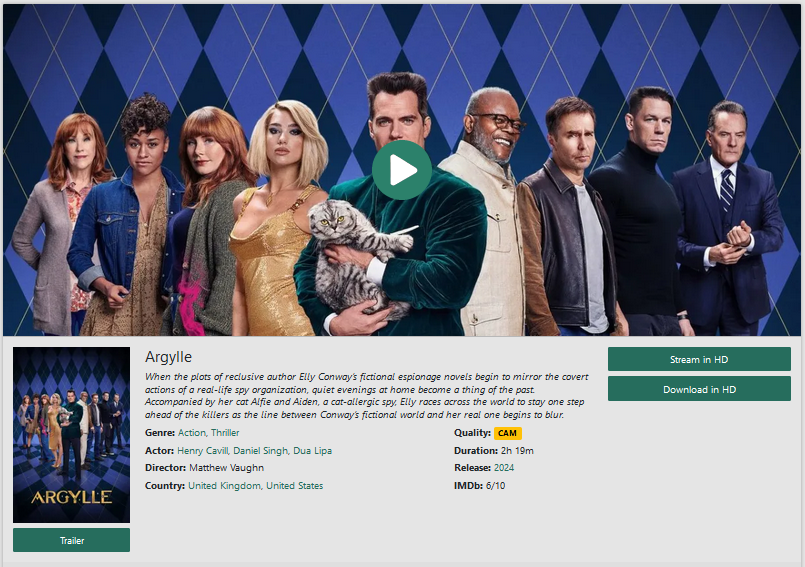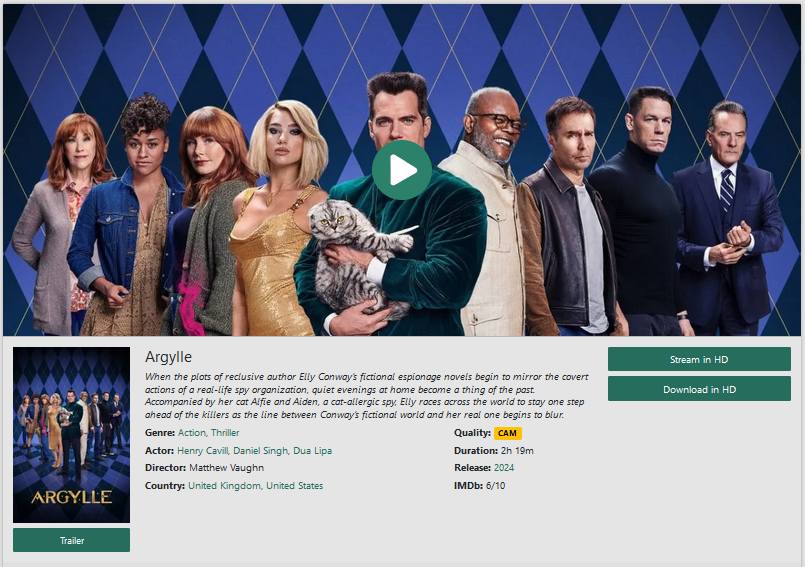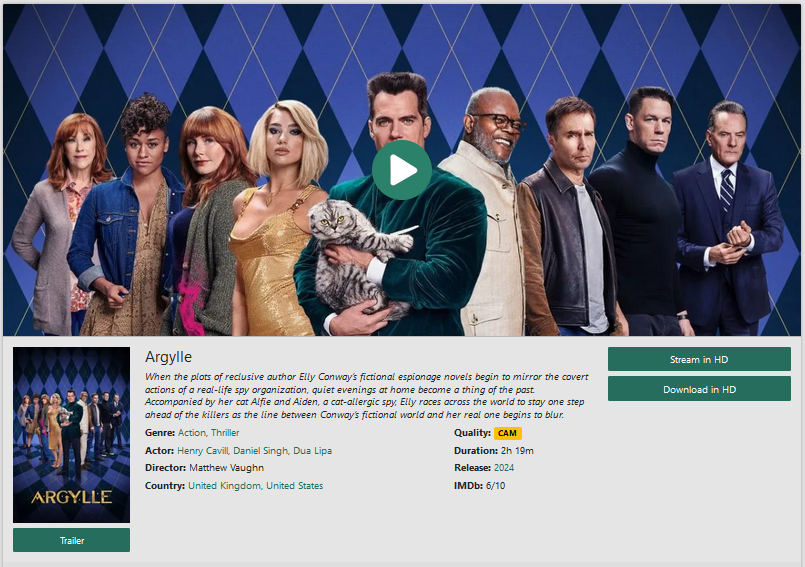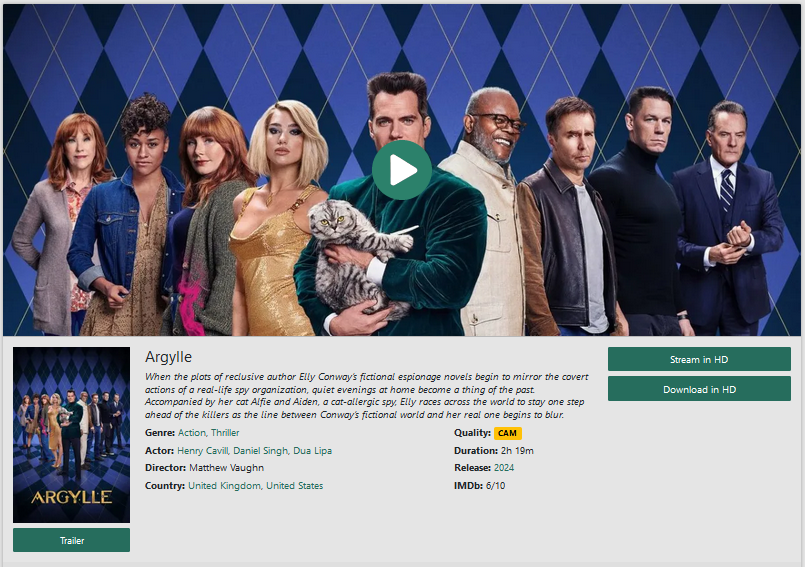America – at War with the World
2nd Smartest Guy in the World
I have many American friends and I admire a great deal about America. But I suspect that many Americans, even or maybe especially the most patriotic, will agree with what I have to say in this short essay, which is taken from my book ‘Their Terrifying Plan’:
`Look back and it is clear that America has now been at war with the rest of the world for around 80 years. The designer or proxy war against Russia, taking place in Ukraine, followed, almost seamlessly, after the disastrous and damaging war in Afghanistan. which was a disaster to start with, a disaster throughout and a disaster at the end. Huge numbers of Afghans and Americans died for absolutely no reason and billions of dollars were wasted. As usual, no one has ever been sacked or held accountable.
It seems that for the Americans, or rather their political leaders, peace is now just a memory, not even available as an interlude between wars which have become a never-ending opportunity to spend more money on bombs, rockets and depleted uranium shells.
Since the end of World War II, America has created seemingly endless wars artificially based on race, ethnicity, gender, religion or a drive for ‘democracy’, but really about acquiring money, power and control of resources. America has become a pirate nation. (In the 1990s I wrote two books about American adventures. One was called Rogue Nation and the other was called Global Bully.) None of those wars was fought to defend American lives or property; all were fought to give the conspirators greater power and more money. All of those wars ended up costing Americans many lives and a great deal of money; all involved the transfer of money from citizens everywhere to the bank accounts and trust funds of the conspirators.
NATO and the CIA have been destabilising countries all over the world for more than half a century – paying for terrorist help whenever it has seemed useful and appropriate. They have, for example, destabilised much of Europe, with the result that atlases and history books are out of date almost before they are printed. One minute one leader in one country will be in favour and then, suddenly favours will move to another leader in another country. Groups of dissidents are encouraged, financed and armed if they promise to build a better financial relationship with America.
It was always inevitable that we would head straight for World War III, immediately after Russia was forced to invade Ukraine, previously described as one of the most corrupt countries on earth. Ukraine, remember, has persecuted Christians with a relentlessness that would have aroused screams of outrage a few years ago and has an army whose soldiers delight in wearing Nazi insignia.
America needs to attack and suppress both China and Russia. The conspirators have chosen to target Russia first but there is no doubt the militant conspirators in the United States plan to start a war with China.
We are being manipulated and controlled by a cabal of well-known politicians and billionaires and taken into a totalitarian society, with fear being the main driving force. The significance of fear in our lives can never be underestimated.
While writing this short book I was sitting in a café reading a volume of work by Petrarch and found these lines from Virgil in a piece by him entitled The Ascent of Mount Ventoux:
‘Blessed the man who is skilled to understand
The hidden cause of things; who beneath his feet
All fear casts, and death’s relentless doom,
And the howlings of greedy Acheron.’
If the real history of the 20th century and beyond is ever written (something which I am beginning to doubt) then Obama and the Clintons and their fellow neoliberals will be remembered as the world’s most evil terrorists.
It is surprising, is it not, how many Presidents and Prime Ministers (such as Blair et al) began their terms of office with very little money in the bank, spent their years in office earning quite modest salaries (supported in the case of Biden with money paid into his account from Ukraine and China) and then, shortly after the conclusion of their term of office, become immensely rich.
The money paid to these former Presidents and Prime Ministers is usually handed over as massive advances for autobiographies that virtually no one will ever want to read or as extraordinarily high speaking fees for making speeches that virtually no one will ever want to listen to. The two Clintons were, between them, paid millions of dollars for their memoirs. When they were being investigated over corruption charges neither of them could remember anything.
The fees paid out to the conspirators and the collaborators are, of course, payments for services rendered while the individual was in office. And the main service rendered has been the creation of fear and the steady progress towards the Great Reset, the New World Order and a world government.
NOTE
Taken from the book `Their Terrifying Plan’ by Vernon Coleman, which is available via the bookshop on www.vernoncoleman.com
Copyright Vernon Coleman March 2024
It is also worth noting that the Manchurian Candidate Barack Hussein Obama is a CIA creation and fabrication from the ground up. His mother was also a CIA sex operative asset, and his real father Frank Marshall was a hardcore communist and pornagrapher who took the following photographs of his lover:
https://open.substack.com/pub/2ndsmartestguyintheworld/p/america-at-war-with-the-world?r=29hg4d&utm_medium=iosAmerica – at War with the World
2nd Smartest Guy in the World
I have many American friends and I admire a great deal about America. But I suspect that many Americans, even or maybe especially the most patriotic, will agree with what I have to say in this short essay, which is taken from my book ‘Their Terrifying Plan’:
`Look back and it is clear that America has now been at war with the rest of the world for around 80 years. The designer or proxy war against Russia, taking place in Ukraine, followed, almost seamlessly, after the disastrous and damaging war in Afghanistan. which was a disaster to start with, a disaster throughout and a disaster at the end. Huge numbers of Afghans and Americans died for absolutely no reason and billions of dollars were wasted. As usual, no one has ever been sacked or held accountable.
It seems that for the Americans, or rather their political leaders, peace is now just a memory, not even available as an interlude between wars which have become a never-ending opportunity to spend more money on bombs, rockets and depleted uranium shells.
Since the end of World War II, America has created seemingly endless wars artificially based on race, ethnicity, gender, religion or a drive for ‘democracy’, but really about acquiring money, power and control of resources. America has become a pirate nation. (In the 1990s I wrote two books about American adventures. One was called Rogue Nation and the other was called Global Bully.) None of those wars was fought to defend American lives or property; all were fought to give the conspirators greater power and more money. All of those wars ended up costing Americans many lives and a great deal of money; all involved the transfer of money from citizens everywhere to the bank accounts and trust funds of the conspirators.
NATO and the CIA have been destabilising countries all over the world for more than half a century – paying for terrorist help whenever it has seemed useful and appropriate. They have, for example, destabilised much of Europe, with the result that atlases and history books are out of date almost before they are printed. One minute one leader in one country will be in favour and then, suddenly favours will move to another leader in another country. Groups of dissidents are encouraged, financed and armed if they promise to build a better financial relationship with America.
It was always inevitable that we would head straight for World War III, immediately after Russia was forced to invade Ukraine, previously described as one of the most corrupt countries on earth. Ukraine, remember, has persecuted Christians with a relentlessness that would have aroused screams of outrage a few years ago and has an army whose soldiers delight in wearing Nazi insignia.
America needs to attack and suppress both China and Russia. The conspirators have chosen to target Russia first but there is no doubt the militant conspirators in the United States plan to start a war with China.
We are being manipulated and controlled by a cabal of well-known politicians and billionaires and taken into a totalitarian society, with fear being the main driving force. The significance of fear in our lives can never be underestimated.
While writing this short book I was sitting in a café reading a volume of work by Petrarch and found these lines from Virgil in a piece by him entitled The Ascent of Mount Ventoux:
‘Blessed the man who is skilled to understand
The hidden cause of things; who beneath his feet
All fear casts, and death’s relentless doom,
And the howlings of greedy Acheron.’
If the real history of the 20th century and beyond is ever written (something which I am beginning to doubt) then Obama and the Clintons and their fellow neoliberals will be remembered as the world’s most evil terrorists.
It is surprising, is it not, how many Presidents and Prime Ministers (such as Blair et al) began their terms of office with very little money in the bank, spent their years in office earning quite modest salaries (supported in the case of Biden with money paid into his account from Ukraine and China) and then, shortly after the conclusion of their term of office, become immensely rich.
The money paid to these former Presidents and Prime Ministers is usually handed over as massive advances for autobiographies that virtually no one will ever want to read or as extraordinarily high speaking fees for making speeches that virtually no one will ever want to listen to. The two Clintons were, between them, paid millions of dollars for their memoirs. When they were being investigated over corruption charges neither of them could remember anything.
The fees paid out to the conspirators and the collaborators are, of course, payments for services rendered while the individual was in office. And the main service rendered has been the creation of fear and the steady progress towards the Great Reset, the New World Order and a world government.
NOTE
Taken from the book `Their Terrifying Plan’ by Vernon Coleman, which is available via the bookshop on www.vernoncoleman.com
Copyright Vernon Coleman March 2024
It is also worth noting that the Manchurian Candidate Barack Hussein Obama is a CIA creation and fabrication from the ground up. His mother was also a CIA sex operative asset, and his real father Frank Marshall was a hardcore communist and pornagrapher who took the following photographs of his lover:
https://open.substack.com/pub/2ndsmartestguyintheworld/p/america-at-war-with-the-world?r=29hg4d&utm_medium=ios









